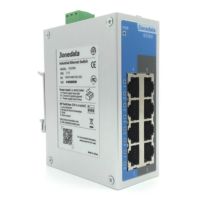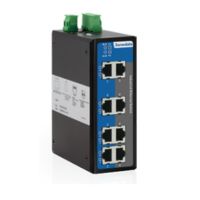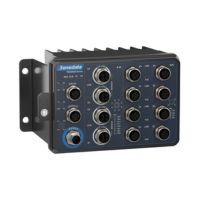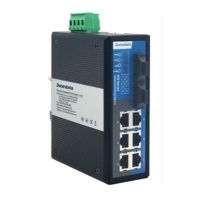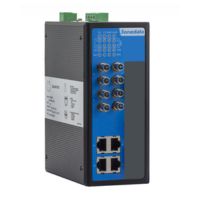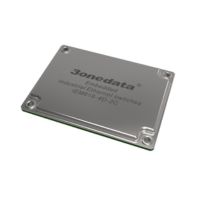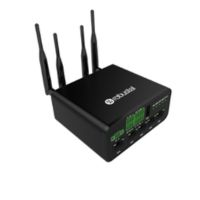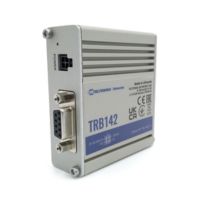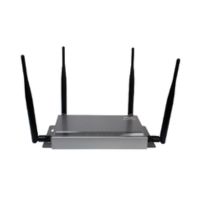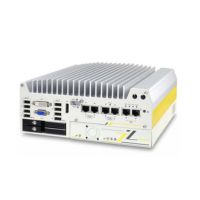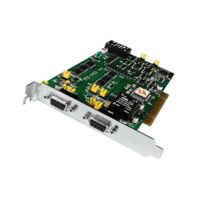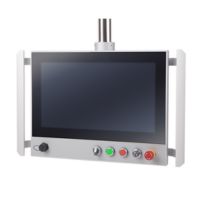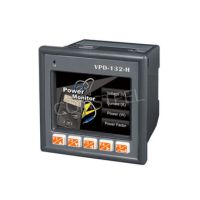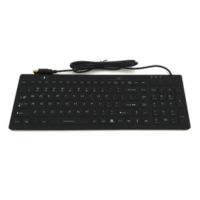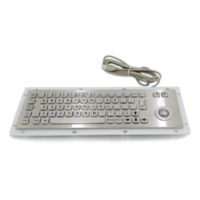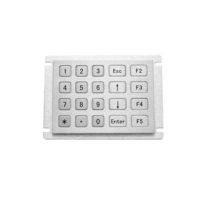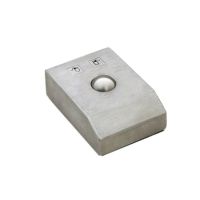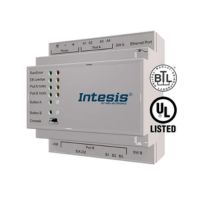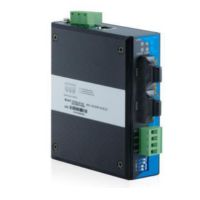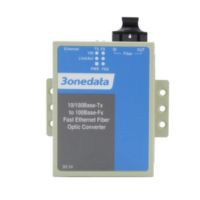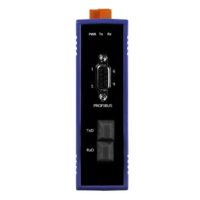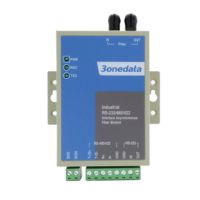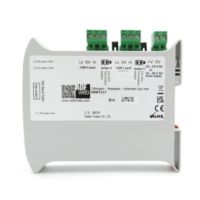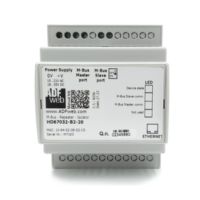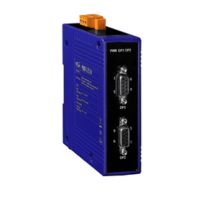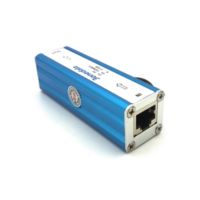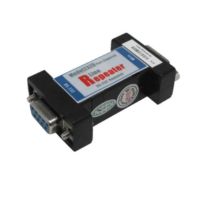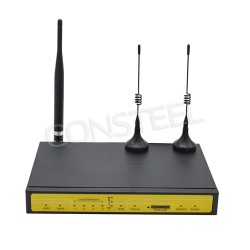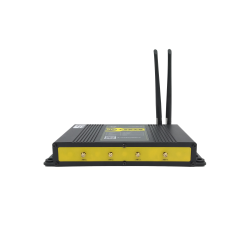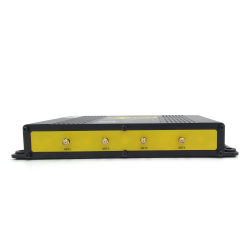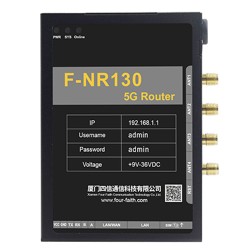Which is better, a router or a repeater?

Nowadays, fast and reliable Internet access is an indispensable element of everyday life . Many people struggle with problems related to the range of Wi-Fi networks in their homes or offices and ask themselves how to improve the network range and which is better - a router or a repeater. Two popular devices that can help solve these problems are routers and repeaters. Learn more about both solutions to make a good decision that will allow you to use a better solution tailored to the needs of Internet users in your given space.
What is a router? - Router as the foundation of the network
Router is a device that connects a local area network (LAN) to the Internet. It is the central point to which all devices in the home or office network, such as computers, smartphones, tablets and smart home devices, are connected. The router manages the data flow between these devices and the external network.
Advantages of routers
1. Multifunctionality:Routers offer a range of features such as bandwidth management, parental controls, firewall and VPN. This allows you to adapt the network to the specific needs of users.
2. Range and signal strength: Modern routers or those intended for use in industrial environments, such as F-NR100 , equipped with dual-band technology (2.4 GHz and 5 GHz), provide a wide range and a strong signal. This allows you to cover larger areas with the Wi-Fi signal.
3. Connection stability:Routers usually offer more stable and reliable connections compared to repeaters, which is especially important in the case of monitoring, industrial production, streaming, online gaming or remote work.
4. Easy to manage: Most routers have intuitive user interfaces that allow you to easily manage your network, monitor devices, and configure settings.
Disadvantages of routers
1. Cost:Advanced routers can be expensive, especially models that offer the latest technology.
2. Installation and Configuration: While many routers are easy to configure, those less tech-savvy may find it difficult to set up more advanced features.
What is a repeater? - Repeater as an extension signal
A repeater, also known as a Wi-Fi repeater, is a device that which receives the signal from the router and retransmits it, increasing the range of the wireless network. This is an easy way to improve Wi-Fi coverage in places where the signal is weak or unavailable.
How to make a repeater?
To create a repeater, follow several steps. First of all, you need to purchase appropriate equipment, such as a wireless router with a repeater function or a dedicated signal amplifier device. Then, place the repeater in a place where the signal is still strong enough to receive properly, but at the same time closer to the area with poor reception. The next step is to configure the device by connecting it to a Wi-Fi network according to the manufacturer's instructions, usually using a web browser and a dedicated configuration interface. During configuration, the repeater will be connectedsynchronized with the main router so that it can forward the signal. Once the repeater is properly configured and placed, the network should operate with extended coverage, providing better coverage and a stronger signal in hard-to-reach places.
Advantages of repeaters
1. Range Extension:The repeater can effectively extend the range of your Wi-Fi network, eliminating dead zones and providing better Internet access throughout your home or office.
2. Ease of installation: Repeaters are usually easy to install and configure. Just plug it into an electrical outlet and quickly pair it with your router.
3. Cost: Repeaters are usually cheaper than routers, making them a more affordable solution for people who want to improve Wi-Fi coverage without a large investment.
Disadvantages of repeaters
1. Speed drop:The main disadvantage of repeaters is that they can reduce the connection speed. Because the repeater receives and retransmits the signal, speeds may be limited, especially if the device uses the same band as the router.
2. Interference and stability: Repeaters can be susceptible to interference and signal changes, which can lead to unstable connections. They are not as reliable as routers in providing a constant signal.
What to choose: router or repeater?< /h2>
The choice between a router and a repeater depends on the individual needs of the user and the specificity of the environment, in which it is to be used.
When to choose a router?
1. Large spaces: If you have a large home or office, a router with a strong signal can provide better coverage without the need for additional devices.
2. Advanced Features: If you need advanced features like bandwidth management, VPN, or parental controls, a router will be a better choice.
Connection stability: wherever the stability and speed of the connection are crucial, router will provide better results.
When to choose a repeater?
1. Dead Zones: If you're having trouble with Wi-Fi coverage in specific places in your home or office, a repeater can be a quick and easy solution.
2. Budget: If you're looking for a cost-effective way to improve your Wi-Fi coverage, a repeater will be a more affordable option.
3. Simplicity of installation: For people who do not want or cannot configure advanced devices, the repeater offers easy and quick installation.
Both routers and repeaters have their unique advantages and disadvantages. The routers offer advanced features, stability and a strong signal, making them the perfect choice for large spaces and demanding users. Repeaters are a simple and economical solution for improving coverage in places with dead zones. You have to answer the question which is better - a router or a repeater, because the final choice depends on your specific needs and budget.

